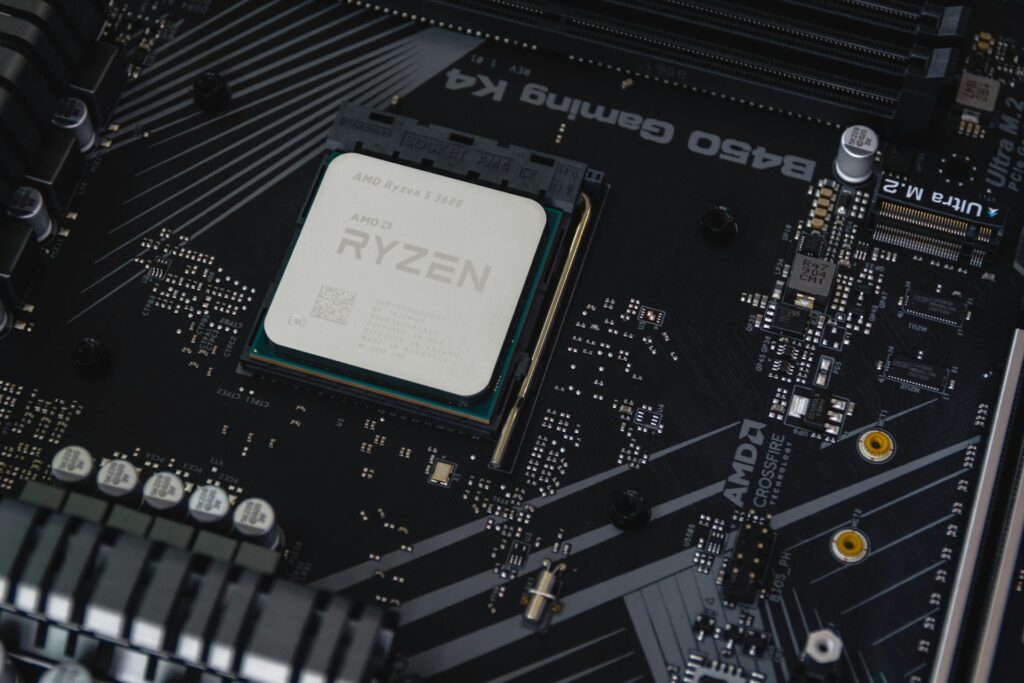In the vast landscape of modern technology, a revolutionary concept is emerging, promising to reshape the very foundations of computation: Quantum Computing. Unlike classical computing, which relies on binary bits (0s and 1s) to process information, quantum’s computing harnesses the principles of quantum mechanics to introduce a new paradigm of computation.
What is Quantum Computing?
Quantum computing is a computational paradigm that utilizes quantum bits, or qubits, to perform calculations. Unlike classical bits, which can only exist in one of two states (0 or 1), qubits can exist in a superposition of both states simultaneously, exponentially increasing the processing power of quantum computers.
Quantum Bits (Qubits)
Qubits are the building blocks of quantum’s computing, representing the fundamental unit of information. Unlike classical bits, which are binary in nature, qubits can exist in a state of superposition, allowing them to store and process multiple pieces of information simultaneously. This property enables quantum computers to tackle complex problems with unprecedented efficiency.
Quantum Superposition and Entanglement
Superposition is a fundamental principle of quantum mechanics, stating that a quantum system can exist in multiple states simultaneously until it is measured. Entanglement, on the other hand, describes the phenomenon where the states of two or more qubits become correlated, regardless of the distance between them. These phenomena are the cornerstone of quantum computing, enabling the parallel processing of vast amounts of information.
Quantum Gates and Circuits
Quantum gates are the analogs of classical logic gates in quantum computing, manipulating the state of qubits to perform computations. By combining quantum gates to form quantum circuits, complex algorithms can be executed, solving problems that are intractable for classical computers.
Quantum Algorithms
Quantum algorithms are algorithms designed specifically for quantum computers, taking advantage of their unique computational capabilities. Examples include Shor’s algorithm, which factors large integers exponentially faster than classical algorithms, and Grover’s algorithm, which provides quadratic speedup for searching unsorted databases.
Current Challenges in Quantum Computing
Despite the immense potential of quantum computing, significant challenges remain. These include decoherence, which causes qubits to lose their quantum properties, and error correction, as quantum systems are highly susceptible to errors from external disturbances. Researchers are actively working to overcome these obstacles and unlock the full potential of quantum’s computing.
Quantum Computing Applications
The applications of quantum computing span a wide range of fields, including quantum cryptography for secure communication, optimization problems in logistics and finance, and accelerated drug discovery in healthcare. These applications have the potential to revolutionize industries and drive innovation in ways previously thought impossible.
Future of Quantum Computing
As research and development in quantum computing continue to advance, the future holds limitless possibilities. From simulating complex quantum systems to solving optimization problems with unparalleled efficiency, quantum’s computing has the potential to reshape our understanding of the universe and drive innovation across all sectors of society.
Conclusion
Quantum computing represents a paradigm shift in the field of computation, offering unparalleled processing power and capabilities. While challenges remain, the potential applications and impact of quantum’s computing are vast and far-reaching. As we continue to explore the depths of the quantum realm, the future of computing holds promise and excitement for the possibilities that lie ahead.

